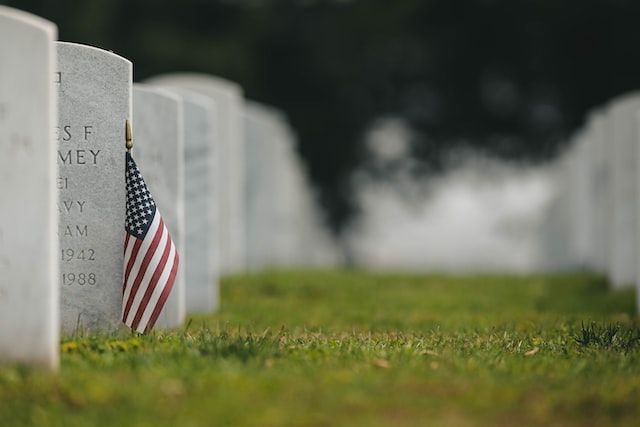Suicide is a major public health crisis, and its issues are complex and multifaceted. But one less discussed population that is particularly vulnerable to suicide is veterans. According to the most recent statistics from the U.S. Department of Veteran Affairs, 20 veterans die by suicide every day—that’s one every 65 minutes.
This staggering statistic is cause for concern and requires our collective attention. Let’s take a closer look at why this issue deserves special attention and how we can help those in need.
Types of Mental Health Issues in Veterans
Many different types of mental health issues may affect veterans, including depression, anxiety disorders, PTSD (Post Traumatic Stress Disorder), substance abuse disorders, and sleep disorders. These issues can take a toll on veterans’ physical and emotional well-being. Research has shown that veterans are more likely to experience mental health issues than individuals who have not served in the military.
Managing Depression in Veterans
Depression is a serious issue for many veterans and should not be taken lightly. Fortunately, there are steps that veterans can take to help manage their mental health. Here are just a few tips for managing depression in veterans:
• Seek professional help: Seeing a mental health professional can help you process your feelings and learn coping strategies for managing your depression more effectively.
• Connect with other vets: Joining support groups or connecting with other vets online can provide camaraderie, connection, and understanding from people who share similar experiences.
• Take care of yourself physically: Eating nutritious food, exercising regularly, getting enough sleep, and taking breaks when needed—all these things can help improve your mental state over time.
• Find purpose: Having something meaningful to do each day—whether volunteering at a local charity or pursuing an educational goal—can help give you focus while providing an outlet for stress relief.
Why Veterans Are Vulnerable to Suicide
There are many factors that can lead veterans to take their own lives, including physical and mental health conditions, as well as social and financial issues. Mental health problems such as post-traumatic stress disorder (PTSD), depression, anxiety, and substance abuse are all potential contributors to veteran suicide.
Physical injuries or illnesses can also factor in, particularly when they cause chronic pain or disability. Social factors such as isolation from family and friends can also play a role. Financial struggles caused by unemployment or underemployment due to military service-related disabilities may also contribute to the risk of suicide among veterans.
Accessing Care
It is important that veterans have access to quality mental health care within their communities to receive treatment earlier rather than later when symptoms become more acute and challenging to manage. In addition, making sure that veteran families are aware of available resources and services can be an effective way of helping them access care more quickly and easily before issues become unmanageable or life-threatening situations arise.
Tackling Stigmas
The military culture, while invaluable in its own way, also carries with it certain stigmas around seeking help—especially when it comes to mental health issues like PTSD or depression, which are seen as signs of weakness or failure among members of the military community. It is important for everyone—including family members, friends, co-workers, and employers—to be mindful of these stigmas so that those who need help feel comfortable coming forward without fear of judgment or repercussions from their peers or superiors.
Veteran suicide is an issue that needs urgent attention in our society today. It affects not only those who have served but their families and communities as well. As we strive to create better resources for those who have served our country, we must consider the variety of factors that can lead a veteran down this path; physical health concerns, mental health issues, social isolation, financial struggles, etc……
By providing accessible resources such as free mental healthcare services through government organizations like the VA or support groups from organizations like NAMI, we can help reduce this tragic trend. Hence, no veteran has to suffer alone any more than they already have had to!


Comments are closed.